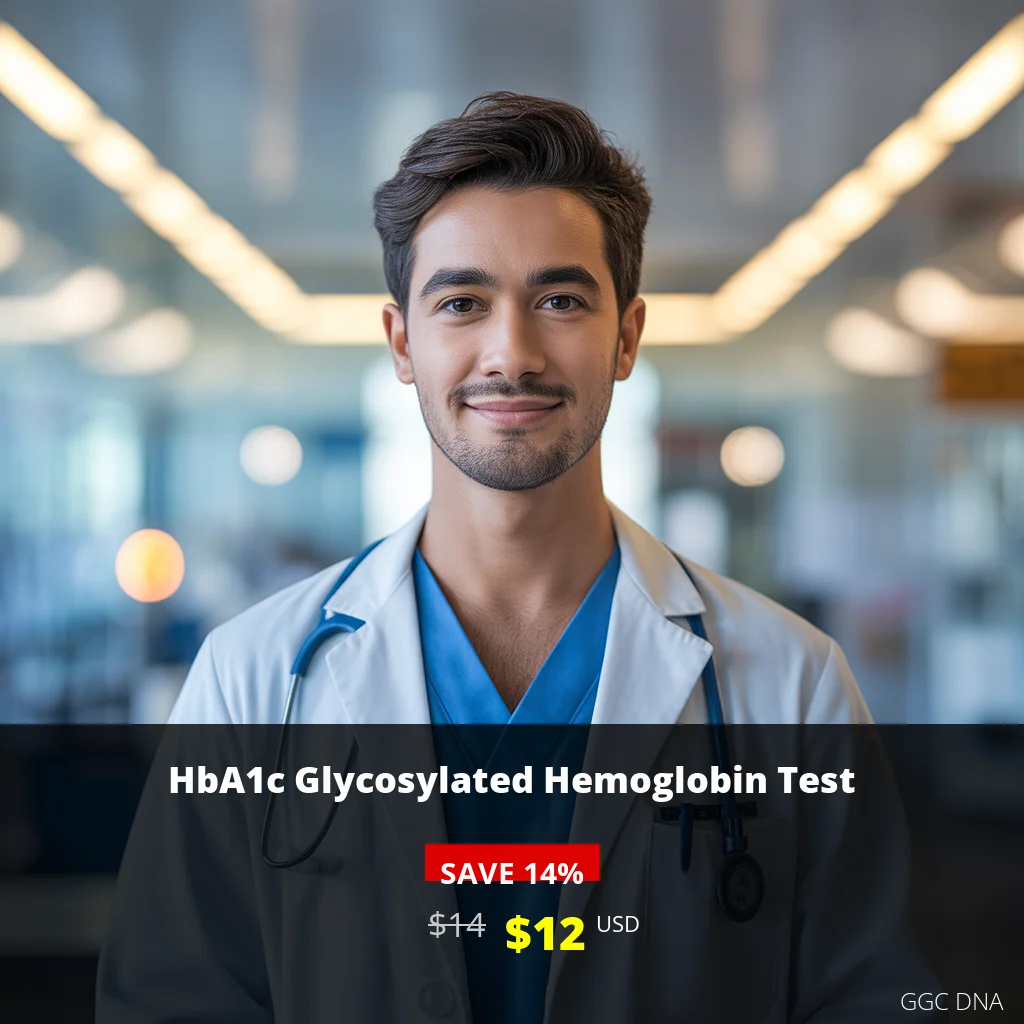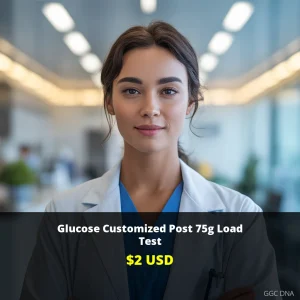HbA1c Glycosylated Hemoglobin Test – Comprehensive Diabetes Management
Understanding HbA1c Glycosylated Hemoglobin Testing
The HbA1c Glycosylated Hemoglobin Test represents a cornerstone in modern diabetes care and prevention. This advanced diagnostic assessment provides healthcare providers with critical insights into long-term blood glucose management, serving as an essential tool for both diabetes diagnosis and ongoing treatment monitoring. Unlike traditional glucose tests that capture momentary blood sugar levels, the HbA1c test offers a comprehensive 90-day retrospective view of glycemic control, making it invaluable for developing effective diabetes management strategies.
What Does the HbA1c Test Measure?
The HbA1c test specifically measures the percentage of hemoglobin molecules in your red blood cells that have glucose permanently attached to them through a process called glycation. When blood glucose levels remain elevated over time, more hemoglobin becomes glycosylated. Since red blood cells typically circulate for approximately 90-120 days, the HbA1c percentage reflects average blood glucose levels during this period. The test includes two key components:
- HbA1c Percentage: The primary measurement indicating the proportion of glycosylated hemoglobin
- Estimated Average Glucose (eAG): A calculated value that translates HbA1c percentage into average daily glucose levels in mg/dL
Who Should Consider HbA1c Testing?
HbA1c testing is recommended for several patient populations and clinical scenarios:
Screening and Diagnostic Indications
- Adults aged 45 and older for routine diabetes screening
- Individuals with body mass index (BMI) ≥25 with additional risk factors
- Patients presenting with classic diabetes symptoms including excessive thirst, frequent urination, unexplained weight loss, or fatigue
- Those with a family history of diabetes
- Women with previous gestational diabetes
- Individuals with hypertension or abnormal lipid profiles
Monitoring and Management Applications
- Patients with established diabetes for routine treatment assessment
- Individuals requiring medication adjustment or therapy changes
- Those experiencing changes in lifestyle, diet, or exercise patterns
- Patients preparing for surgical procedures or other medical interventions
Clinical Benefits of HbA1c Testing
Early Detection and Prevention
Regular HbA1c screening enables early identification of prediabetes and diabetes, allowing for timely intervention before complications develop. Early detection significantly reduces the risk of long-term health issues including neuropathy, retinopathy, nephropathy, and cardiovascular disease.
Comprehensive Treatment Guidance
The test provides objective data to guide medication adjustments, lifestyle modifications, and dietary planning. Healthcare providers can use HbA1c results to tailor individualized treatment plans that optimize blood glucose control while minimizing side effects.
Long-Term Health Monitoring
By tracking HbA1c levels over time, patients and providers can assess treatment effectiveness, identify trends, and make proactive adjustments to diabetes management strategies. This longitudinal monitoring helps prevent disease progression and maintains optimal health outcomes.
Understanding Your HbA1c Test Results
Interpretation Guidelines
HbA1c results are typically categorized as follows:
- Normal: Below 5.7% – indicates healthy blood glucose control
- Prediabetes: 5.7% to 6.4% – suggests increased diabetes risk requiring lifestyle intervention
- Diabetes: 6.5% or higher – confirms diabetes diagnosis requiring medical management
Treatment Goals
For individuals with diabetes, treatment targets typically aim for HbA1c levels below 7%, though individualized goals may vary based on age, comorbidities, and other clinical factors. Your healthcare provider will help establish appropriate targets and develop a comprehensive management plan.
Test Information and Pricing
| Test Component | Price |
|---|---|
| HbA1c Glycosylated Hemoglobin Test | $12 USD (Discounted Price) |
| Regular Price | $14 USD |
Test Specifications
- Turnaround Time: Daily results
- Sample Type: 3 mL (2 mL minimum) whole blood in 1 Lavender Top (EDTA) tube
- Shipping Instructions: Ship refrigerated. DO NOT FREEZE
- Methodology: High Performance Liquid Chromatography (HPLC)
- Certification: NGSP certified for accuracy and reliability
- Preparation: No special preparation required
Nationwide Accessibility
GGC DNA maintains comprehensive testing facilities across the United States, with convenient locations in all major metropolitan areas including New York, Los Angeles, Chicago, Houston, Phoenix, Philadelphia, San Antonio, San Diego, Dallas, and San Jose. Our nationwide network ensures accessible, reliable diabetes testing services for patients throughout the country.
Take Control of Your Diabetes Management Today
Don’t leave your diabetes health to chance. The HbA1c Glycosylated Hemoglobin Test provides the critical information needed to effectively manage your condition and prevent complications. With our affordable pricing, advanced NGSP-certified methodology, and convenient nationwide locations, there’s no reason to delay this essential health assessment.
Call us now at +1(267) 388-9828 to schedule your HbA1c test or book your appointment online. Our dedicated team is ready to assist you with comprehensive diabetes screening and management services.
Take the first step toward better diabetes control and long-term health. Contact GGC DNA today and discover why thousands of Americans trust us for their essential healthcare testing needs.







